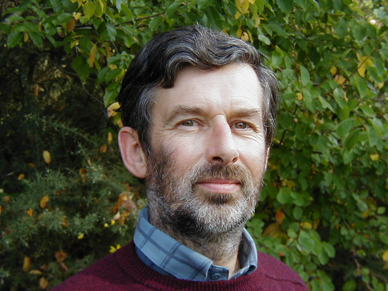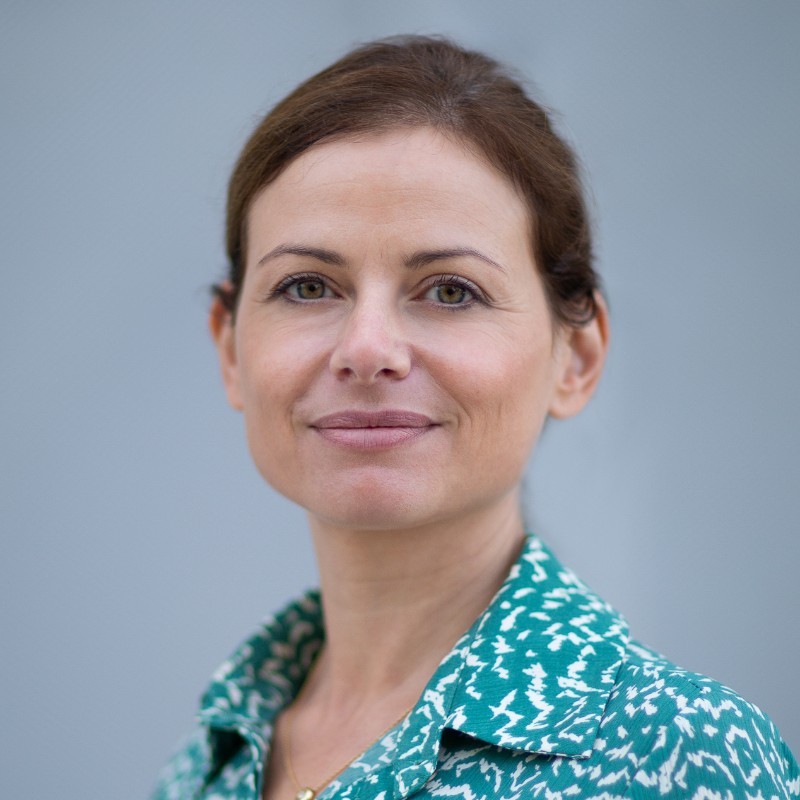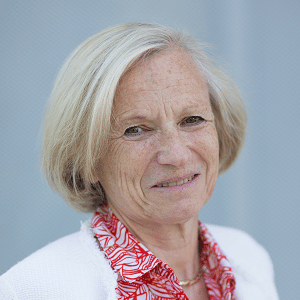- Home
- EN
- Our impact
- ProspeKtive
- Ecological urbanism: from greening to the ecosystem

Ecological urbanism: from greening to the ecosystem
April 2023
Expert
The greening of the city is today an essential objective to make the city livable and pleasant.
Most communities have integrated this discourse even if actions do not always follow. Vegetation is in fact a source of multiple "services" provided to city dwellers. The best known and most advanced in development projects are the reduction of heat islands (up to 10° difference between planted and unplanted streets) and the maintenance of mental and physical health of city dwellers, points well demonstrated scientifically. Other relationships around production (nature feeds and clothes us...), regulation (atmospheric pollution, water...) or cultural (well-being, social relationships, atmosphere, recreation...) are also to be underlined. Even if this notion of services remains very functionalist in relation to the intrinsic values of nature and the fact of putting Man at the heart of this nature and not above it, the concept of ecosystem services has proven its effectiveness in moving public decisions, more than references to the sensitive or the protection of certain animal or plant species. The recurrent heat waves further reinforce this essential relationship between the city and its plantations.
However, the plants installed are essentially horticultural species and the plantations are often monospecific (sedum roofs or plane tree alignments for example). They are therefore fragile to any climatic or sanitary accident as it was the case with the elm which disappeared from the south of France in the 1970's, leaving cities without trees or almost. It is therefore a diversity of species that we must aim for, a group being much more stable and resilient. Moreover, the objective of integrating indigenous species and taking into account ecological processes appears to be a guarantee of both sustainability (natural systems regenerate) and the integration of the city into its bioregion. This is a definition of biodiversity: a diversity of species that takes into account the relationships they have with each other and with their habitat. Ecologists speak of functional biodiversity and ecosystems. In land use planning, the idea is to get closer to ecosystem functions at different scales: in particular, species diversity and habitat quality at the site scale, accessibility from source habitats for animal and plant species (green and blue grid) at the neighborhood or city scale.
In addition to the revegetation already underway and the desire to integrate biodiversity, which is beginning to make headway, the next step is that of truly ecosystemic, even regenerative, urban planning. It is then a matter of drawing inspiration from the functioning of ecosystems to design the urban project. This means not only thinking of the spaces to be planted as small ecosystems that will provide services to city dwellers, but also, in return, taking care of this nature and organizing the city for all living things, human and non-human.
Even if ecological concerns are broader than the ecosystem approach alone, it is the entire design and construction strategy that should be modified by giving priority to the various natural flows and geographical and ecological characteristics before implanting buildings or infrastructures. This paradigm shift implies the presence of ecologists in both urban planning departments and project consortia, alongside landscape architects, so that adaptability and resilience can be built by considering from now on that a living non-building is essential to the sustainability of the built environment and its habitability.
Release date: April 2023




